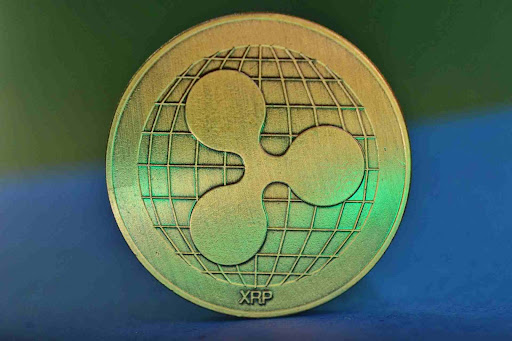Ripple, a blockchain-based payment protocol, has made significant strides in the cryptocurrency industry since its launch in 2012. However, its journey has not been without challenges.
One of the most notable obstacles Ripple has faced is an ongoing lawsuit filed by the U.S. Securities and Exchange Commission (SEC). This article provides a brief overview of Ripple’s history and delves into the details of the SEC lawsuit that continues to captivate the crypto community.
Do check out: The Intersection of Music and NFTs
Ripple Origin and XRP
Ripple was founded by Chris Larsen and Jed McCaleb with the aim of revolutionizing cross-border payments. The network utilizes its native digital asset, XRP, to facilitate faster and cheaper transactions.
Unlike many other cryptocurrencies, XRP was not created through mining but was instead pre-mined, with the majority held by Ripple Labs.
Ripple vs. SEC Lawsuit
In December 2020, the SEC filed a lawsuit against Ripple Labs, Larsen, and CEO Brad Garlinghouse, alleging that XRP should be classified as a security and that Ripple conducted an unregistered securities offering worth over $1.3 billion.
The SEC argued that the company’s distribution of XRP to investors constituted an investment contract, falling under the definition of a security.
Legal Battle and Ripple’s Response: Since the lawsuit’s initiation, Ripple has vehemently denied the SEC’s allegations. Ripple asserts that XRP is a cryptocurrency and not a security, and therefore falls outside the SEC’s regulatory purview.
Ripple’s defense team argues that XRP’s decentralized nature and its distinction from Ripple Labs should exempt it from securities regulations.
Implications and Industry Impact
The outcome of the lawsuit carries significant implications for the cryptocurrency industry as a whole. If the court rules in favor of the SEC, it could set a precedent for other cryptocurrencies, potentially subjecting them to regulatory scrutiny.
Conversely, a favorable ruling for XRP could solidify the classification of XRP as a cryptocurrency rather than a security, providing clarity to the market and bolstering XRP’s position in the industry.
Conclusion
The XRP-SEC lawsuit represents a critical juncture in the cryptocurrency landscape, raising questions about the classification and regulation of digital assets. As the legal battle continues, the outcome will undoubtedly shape the future of XRP, influence the regulatory framework for cryptocurrencies, and have far-reaching implications for the broader crypto industry.
Cryptocurrency enthusiasts and market participants eagerly await the resolution of this high-stakes legal dispute that could reshape the industry’s landscape in the years to come.












